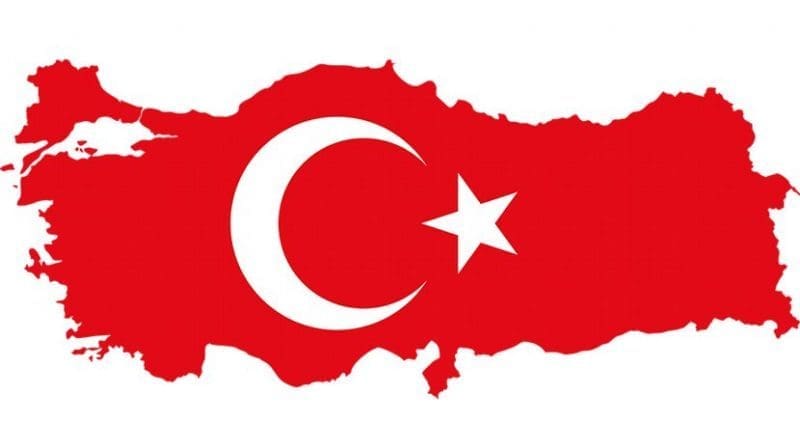Turkey: Why Central Bank Governors Matter – OpEd
By Arab News
What unfolded in Turkey over the weekend proved that central bank policies matter, as does the person who runs the institution.
Turkish President Recep Tayyip Erdogan fired Naci Agbal, a former finance minister, as central bank governor and replaced him with Sahap Kavcioglu, a university professor and newspaper columnist.
Similar to Erdogan, Kavcioglu subscribes to the unorthodox view that higher interest rates fuel inflation. His predecessor, Agbal followed the traditional view that higher interest rates were necessary to combat rising inflation.
Agbal executed on these traditional policies by raising interest rates by 875 bps (basis points) during his short tenure. Thursday’s rise of 200 bps exceeded analyst expectations by 100 percent, which was clearly too much for Erdogan, who replaced him on Saturday after barely four months in office.
On Feb. 7, Kavcioglu, Agdal’s replacement, had published a column in the pro-government Yeni Safak newspaper where he questioned the central bank’s interest rate policy in the light of very low to negative global interest rates. He also advocated that high interest rates “indirectly opened the way to increasing inflation” — a theory held dear by Erdogan, which stands in contrast to going economic theory.
However, Agdal’s orthodox monetary and interest rate policy had borne fruit rendering the Turkish lira to be the best carry trade in emerging markets this year. It had also led to overseas capital inflows into Turkey of about $14 billion during his tenure.
On Monday morning the Turkish lira fell 15 percent against the dollar in early Asian trading. It recovered some territory later in the morning on a statement by Minister of Finance Lutfi Elvan that Turkey would stick to a free market and liberal exchange rate regime. He continued to emphasize that price stability and fiscal policies would play a major role in dealing with inflation.
So far so good: Agbal had been able to resurrect confidence in the Turkish economy for a while. The lira had gained close to 20 percent during his tenure. His removal resulted in the lira exchange rate temporarily tumbling within inches of the pre-Agbal levels.
Turkey was not alone in raising rates to maintain its attractiveness to foreign investors. Last week, Russia, and Brazil followed suit.
These are difficult times for emerging markets as the yield of American treasuries edges ever higher and several observers have questioned if the US Federal Reserve can really afford to keep interest rates at current levels through 2023. Many remember the emerging markets taper tantrum when the Federal Reserve tried to increase rates in 2013.
Observers worry about the level of nominal interest rates and especially real interest rates, and economists fear that lower interest rates will lead to higher inflation in an open economy such as the Turkish one. Turkey had become very attractive to foreign investors because it had the second-highest real interest rate in emerging markets after Egypt.
Foreign currency reserves are an important asset and Agbal helped rebuild the war chest. Before his tenure, Turkey had worked itself through $100 billion worth of foreign reserves in support of the currency.
What unfolded over the weekend in Ankara proved the importance of an independent central bank. It also showed that any central bank governor can only carry out his policies, conservative or otherwise, for as long as his boss lets him.
We only need to look at countries where central banks adhere to cautious macroprudential management to understand how important central banks are. On the flip side, the starkest example of economic mismanagement is Lebanon, where inflation is rampant, the currency is in freefall, and foreign currency reserves have melted away before the eyes.
Turkey cannot be compared to Lebanon. Turkey has proven over the last four months or so that it can be an Egypt, which currently is the investment communities’ darling. This should be a great incentive for the new central bank governor to stay the course and do what is good for the country in terms of capital inflows.
• Cornelia Meyer is a Ph.D.-level economist with 30 years of experience in investment banking and industry. She is chairperson and CEO of business consultancy Meyer Resources. Twitter: @MeyerResources

